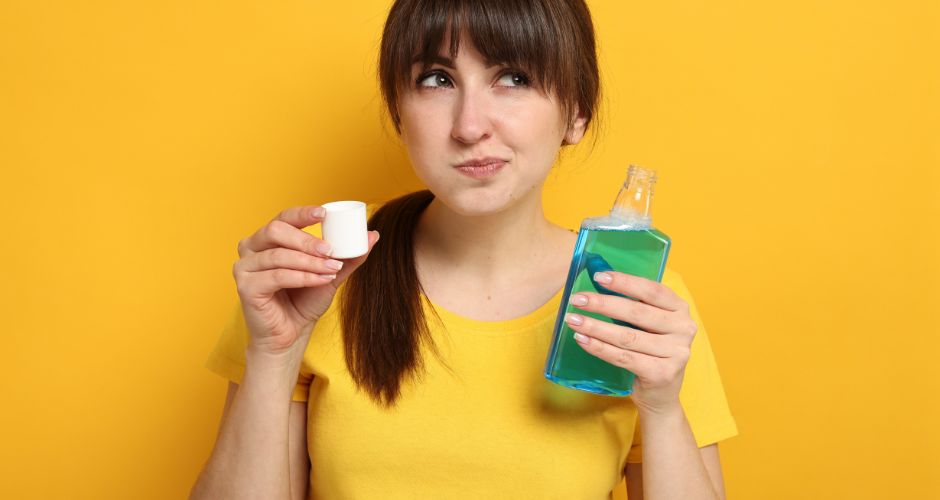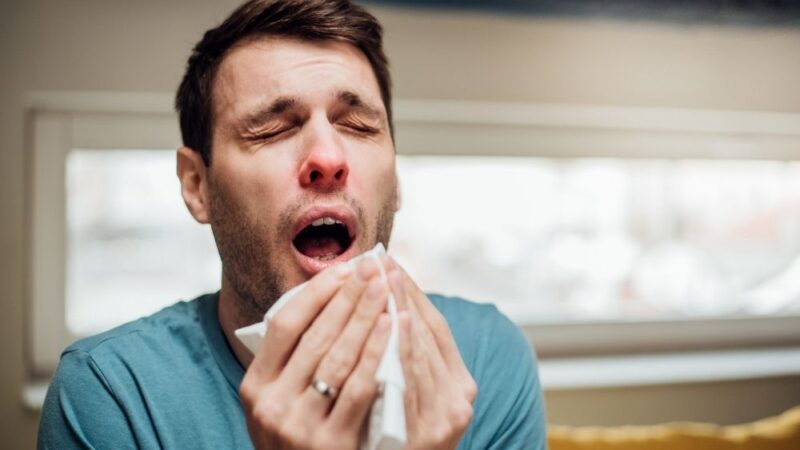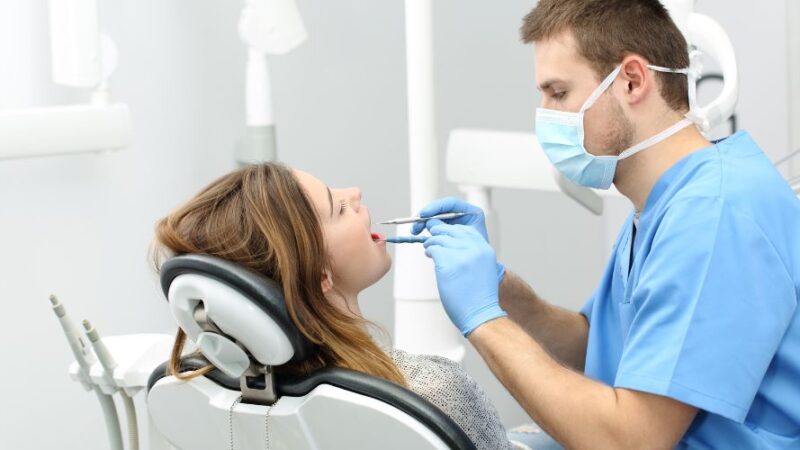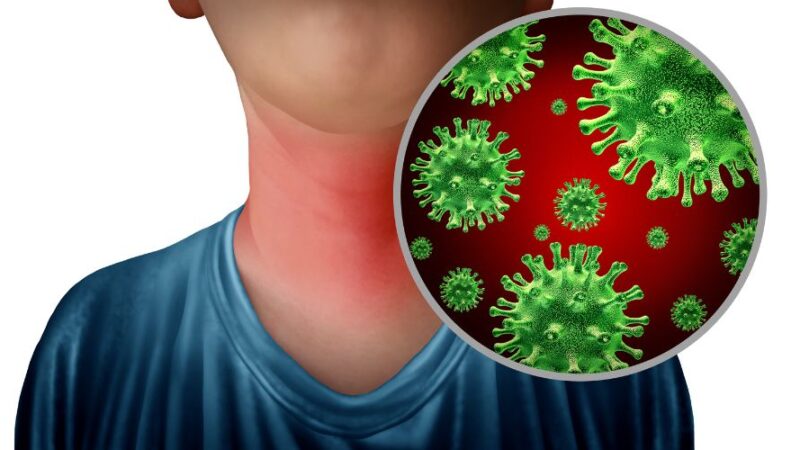Is Mouthwash Necessary? What Dentists Really Say

When it comes to maintaining a clean, healthy mouth, brushing and flossing are widely known as the gold standard. But what about mouthwash?
Supermarket shelves are lined with colorful bottles claiming to kill germs, fight plaque, freshen breath, and even whiten teeth. But is mouthwash really necessary-or just a nice extra?
Let’s dive into what dentists and oral health experts actually say about mouthwash, its benefits, limitations, and when you should (or shouldn’t) use it.
What Is Mouthwash?
Mouthwash, also known as an oral rinse, is a liquid product used to rinse the mouth, typically after brushing and flossing. It usually contains a mix of water, alcohol or a non-alcoholic base, antiseptic agents, fluoride, and sometimes cosmetic additives like mint flavor or whitening agents.
There are two main types of mouthwash:
- Cosmetic mouthwash: Temporarily controls bad breath and leaves a pleasant taste, but doesn’t kill bacteria or affect dental health significantly.
- Therapeutic mouthwash: Contains active ingredients like chlorhexidine, cetylpyridinium chloride, fluoride, or essential oils to reduce plaque, gingivitis, cavities, and bacterial load.

Is Mouthwash Necessary for Everyone?
What Dentists Say:
Mouthwash is not a substitute for brushing and flossing, but it can be beneficial when used as part of a full oral hygiene routine.
In other words, mouthwash is helpful, but not essential for everyone. If you’re already brushing twice a day with fluoride toothpaste and flossing daily, you’re covering the basics. However, depending on your specific oral health condition, dentists may recommend using a therapeutic mouthwash.
When Mouthwash Can Be Beneficial
Here are scenarios where dentists do recommend mouthwash as a helpful addition to your oral hygiene:
1. Gum Disease (Gingivitis or Periodontitis)
Therapeutic mouthwashes like chlorhexidine help reduce inflammation and kill the bacteria that contribute to gum disease. These are often prescribed by dentists for short-term use.
Why Do I Have a Hole in My Gum
2. Cavity Prevention
Fluoride mouthwashes help strengthen enamel and prevent cavities, especially useful for:
- People with a high sugar diet
- Orthodontic patients
- Kids and teens at higher risk of tooth decay
3. After Dental Surgery or Tooth Extraction
Dentists may prescribe an antimicrobial rinse to reduce the risk of infection and promote healing when brushing is difficult.
When Can You Eat Chips After Wisdom Teeth Removal
4. Bad Breath (Halitosis)
If persistent bad breath is an issue, antibacterial mouthwash can help reduce the sulfur-producing bacteria responsible. However, treating the root cause (like gum disease or dry mouth) is more important.
5. Braces and Dental Appliances
Mouthwash can help clean hard-to-reach areas around braces, bridges, or implants, reducing the chance of plaque buildup.
Braces vs. Invisalign: Which is the Right Choice
When Mouthwash May Not Be Necessary
There are plenty of cases where you might not need mouthwash at all:
- If you have good oral hygiene with no gum disease or frequent cavities.
- If your diet is low in sugar and high in water-rich foods.
- If you regularly visit the dentist for cleanings and check-ups.
- If you’re not experiencing bad breath or dry mouth.
In these cases, mouthwash may offer minor cosmetic benefits (like fresh breath), but isn’t essential for oral health.
The Pros and Cons of Using Mouthwash
Benefits of Mouthwash
- Reduces bacteria and plaque
- Freshens breath
- Helps prevent cavities with fluoride
- Soothes sore gums
- Reaches areas that brushing and flossing may miss
Potential Downsides
- Alcohol-based rinses can dry out the mouth
- Overuse of strong antiseptic rinses may disrupt oral microbiome
- May cause staining (especially chlorhexidine)
- Doesn’t remove plaque already on teeth
- Some people may rely on it instead of brushing and flossing-which is ineffective
Should Children Use Mouthwash?
Caution is key. Most dentists recommend that children under 6 do not use mouthwash, due to the risk of swallowing it. For older children, a fluoride rinse may be appropriate under adult supervision, especially if they are cavity-prone.
Always look for child-friendly, alcohol-free versions and check for the ADA Seal of Acceptance.
Alcohol vs. Alcohol-Free Mouthwash
Many traditional mouthwashes contain alcohol (ethanol), which acts as an antiseptic. However, alcohol-free versions are now widely available and preferred by many for being:
- Less irritating to sensitive mouths
- Safer for kids and recovering alcoholics
- Better for people with dry mouth or oral ulcers
Dentists increasingly recommend alcohol-free mouthwash unless a stronger antibacterial effect is needed temporarily.
How to Use Mouthwash Properly
To get the most benefit from your rinse:
- Brush and floss your teeth first.
- Pour the recommended amount (usually about 20 ml).
- Swish vigorously for 30–60 seconds.
- Avoid eating, drinking, or rinsing with water for at least 30 minutes afterward.
- Use once or twice daily, depending on product instructions.
Don’t overuse mouthwash-more isn’t always better, and excessive use of strong formulas may irritate the mouth.
What the ADA (American Dental Association) Says
The ADA recommends mouthwash as an optional but useful addition to brushing and flossing. Many products carry the ADA Seal of Acceptance, which ensures they’ve been scientifically tested for safety and effectiveness.
When choosing a mouthwash, look for that seal-and avoid any product making exaggerated claims like “cure-all” promises.
Final Verdict: Is Mouthwash Necessary?
Mouthwash is not strictly necessary for everyone, but it can be a helpful addition depending on your individual needs. It’s most beneficial for:
- People with gum disease or bad breath
- Those at high risk for cavities
- Orthodontic patients
- After dental surgery
- Individuals who struggle with consistent brushing/flossing
However, mouthwash should never replace brushing and flossing, which remain the foundation of good oral hygiene.
Summary
| Question | Answer |
| Is mouthwash essential for everyone? | No, but it can be helpful based on your oral health. |
| Can it replace brushing and flossing? | Absolutely not. It’s only a supplement. |
| When is it recommended? | Gum disease, cavities, bad breath, braces |
| Should kids use it? | Only under supervision and after age 6 |
| Alcohol or alcohol-free? | Alcohol-free is safer and gentler |






